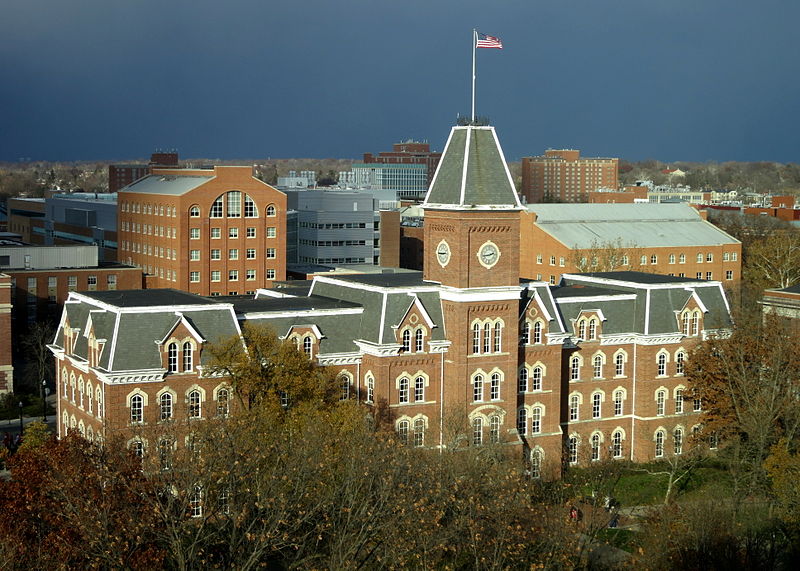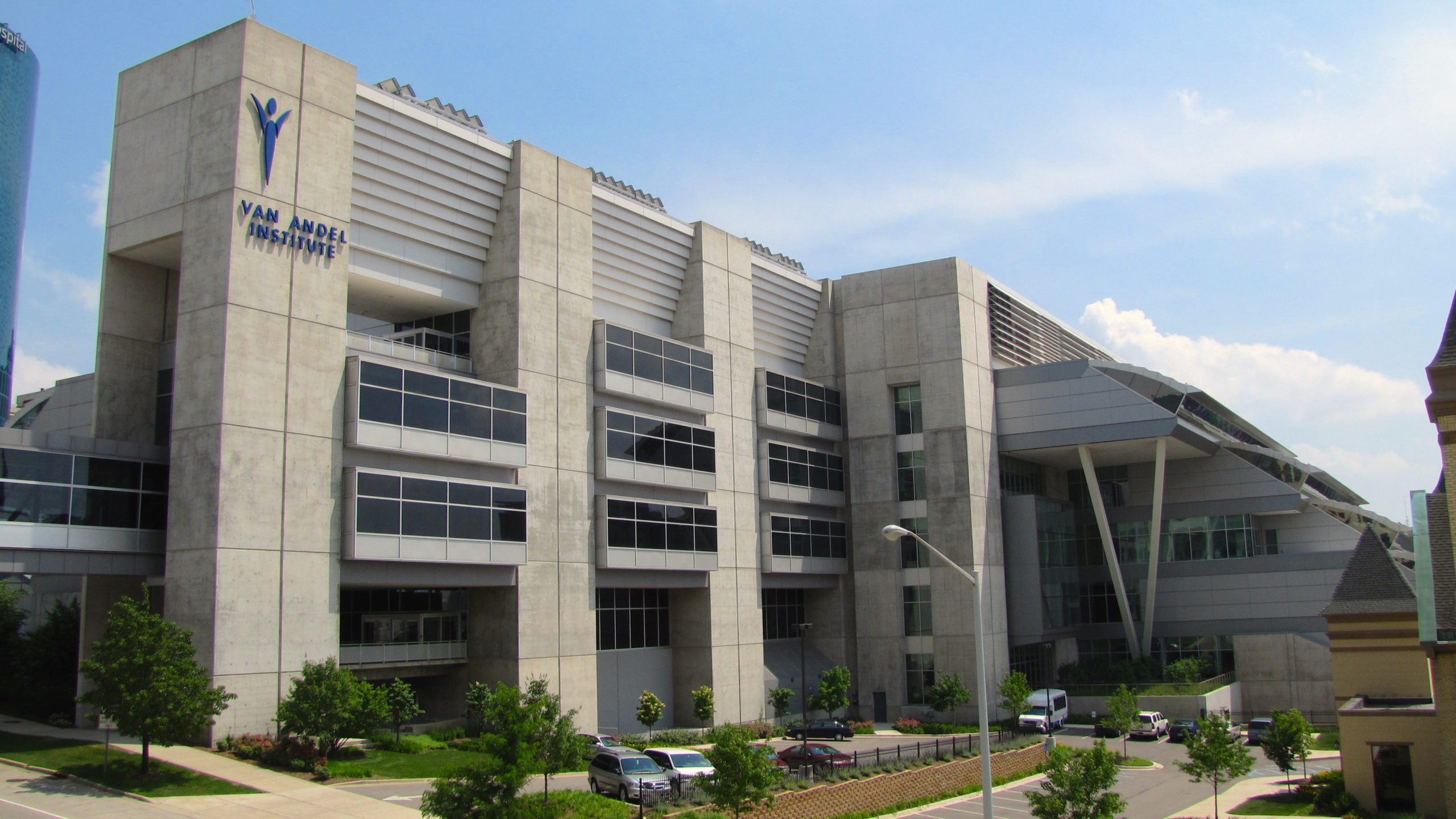The National Academies of Science, Engineering, and Medicine (NASEM) is now preparing to respond to an August 11 request from Rep. Eddie Bernice Johnson (D-TX) asking for a study to explore how racism has manifested within the realm of academic research. Johnson’s letter brings up many issues whereby non-white researchers have always been privileged to greater opportunity at universities, and it additionally reflects the resurgence of current public debate aimed at confronting longstanding racial biases. Proponents believe that renewed attention about race could be just as effective as a 2018 NASEM report that similarly tackled gender equity and sexual harassment within the academic sciences.
Of significance, the U.S. House of Representatives already approved a $1.5 million spending package for NSF to fund this exact study in the 2021 fiscal year; however, experts believe that final negotiations will not be reached in the Senate for several more months. Still, leading NASEM officials have stated that they can already start to define key questions the study would address as well as the best ways to disseminate its findings and implement its recommendations – a signal of high hopes for the initiative.
Additional Information:
https://science.house.gov/imo/media/doc/LTR%20-%20EBJ%20to%20McNutt%20re%20STEM%20racism.pdf










